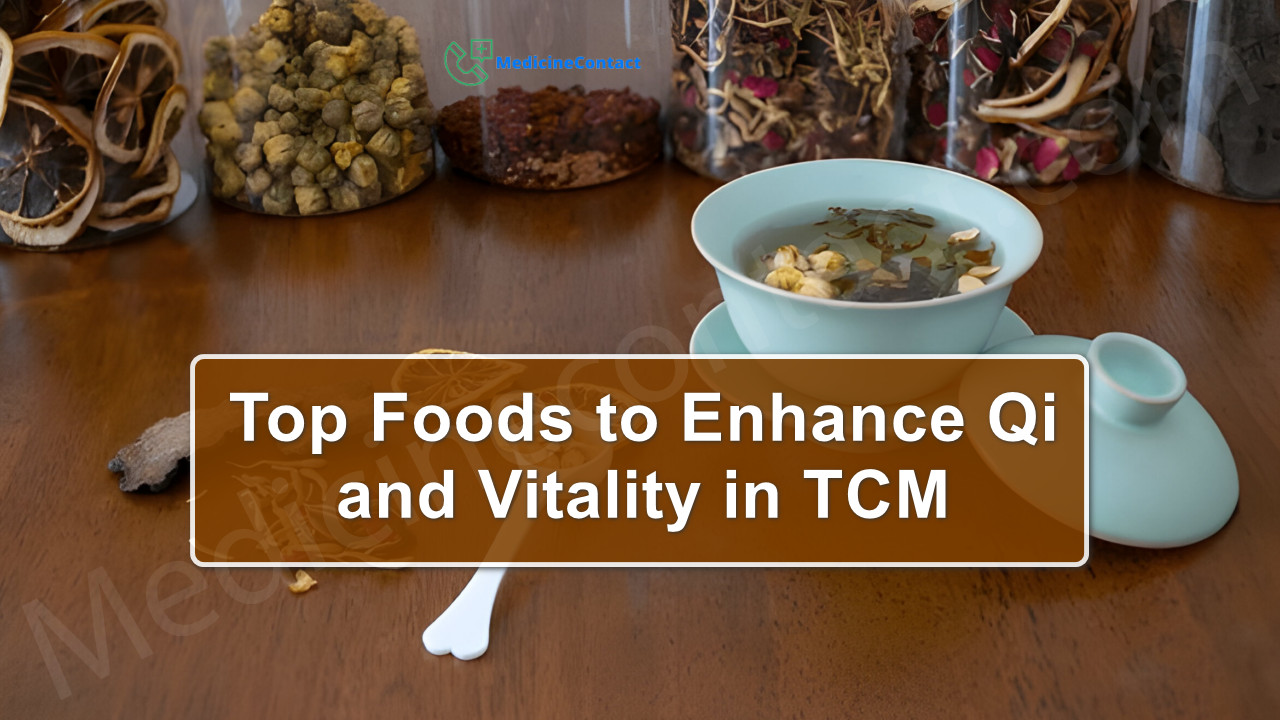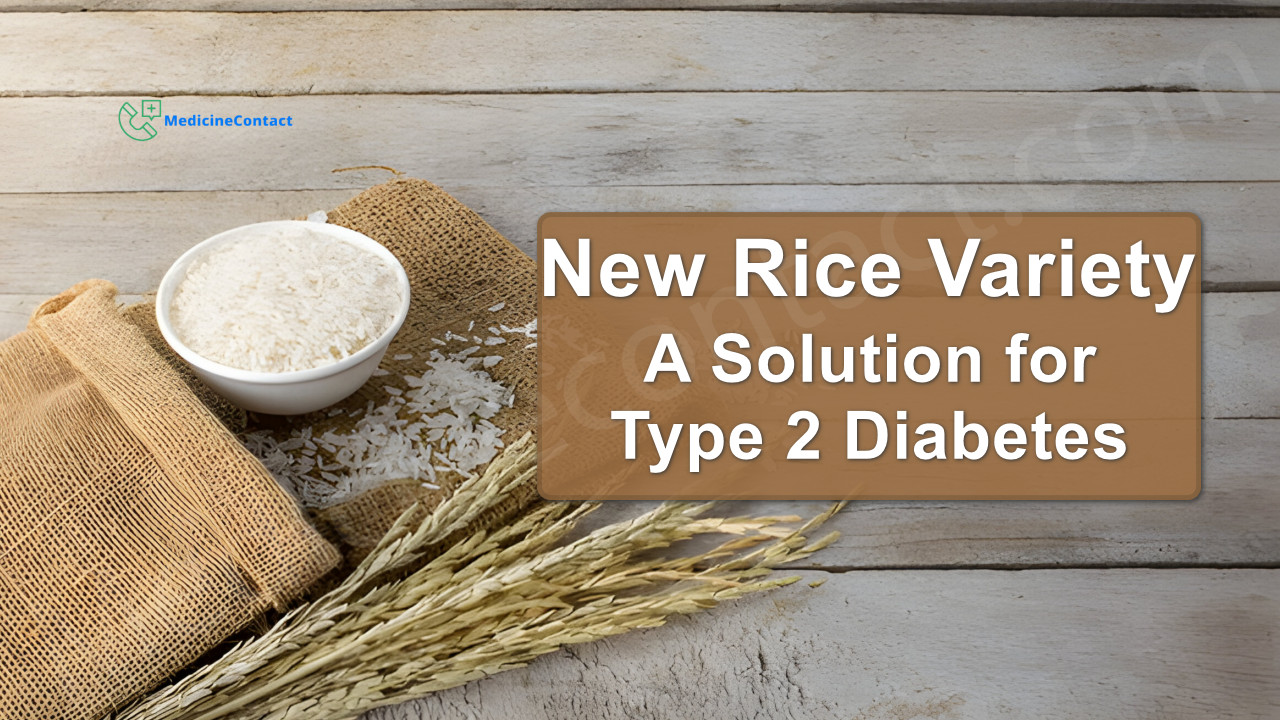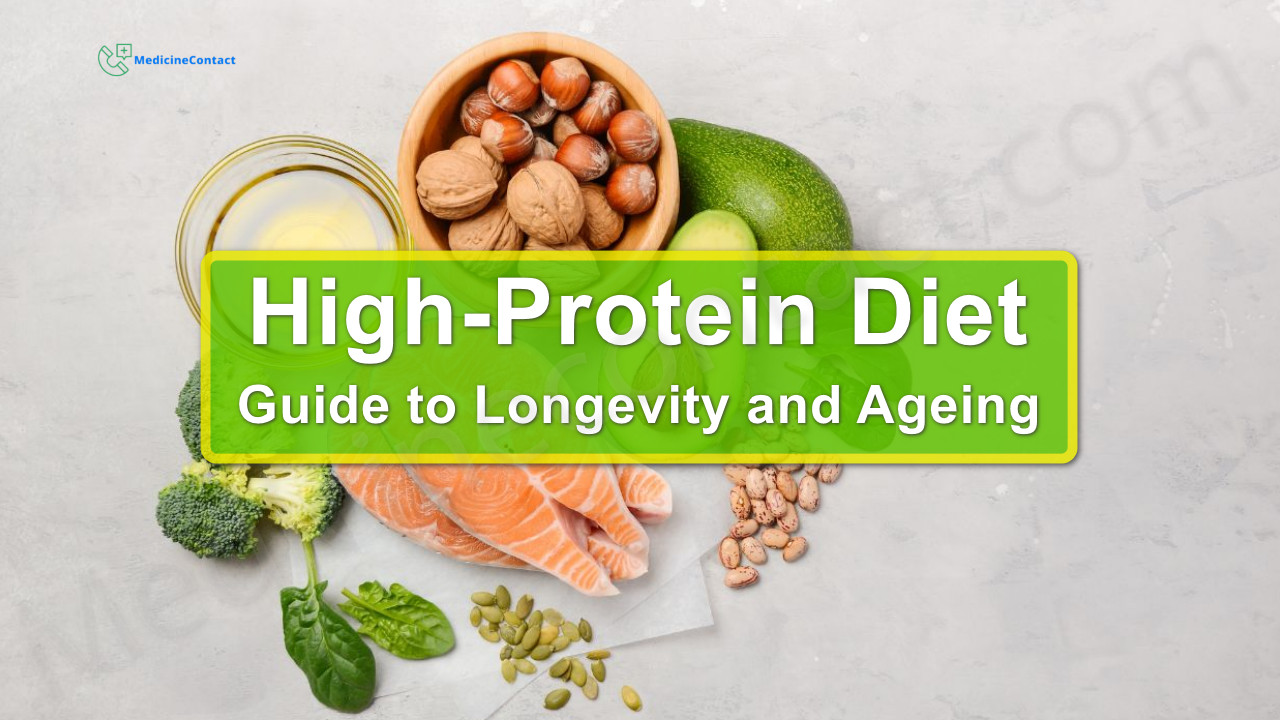
The Potential Benefits of Using Olive Oil on Plants
Olive oil has become an incredibly popular oil in recent years, especially in the kitchen. But some gardeners swear by using olive oil in their gardens as well. So what are the potential benefits of using olive oil on plants? And is it actually good for them?
Olive Oil as a Pesticide
One of the main reasons gardeners use olive oil is as a homemade, natural pesticide. The oil can help suffocate and kill soft-bodied insects like aphids, caterpillars, spider mites, and scale. To use it this way, simply mix 1 part olive oil with 1 part water and a few drops of liquid dish soap in a spray bottle. The dish soap helps the oil and water mix together. Then spray the solution directly on infested plants, coating both the tops and bottoms of leaves.
Olive oil can also deter garden pests like deer, rabbits, voles, and squirrels from nibbling on plants. Coat cardboard tubes with olive oil and place them around vulnerable seedlings. Alternatively, you can spread olive oil directly on the plants. The strong scent of olive oil is often enough to deter hungry animals and insects.
Improving Soil Health
Some gardeners claim that pouring olive oil around plants—especially vegetables and herbs—improves the soil structure and nutrients. The oil is said to feed beneficial soil microbes and fungi that help aerate and condition the soil. This in turn allows better water retention and drainage.
However, there is limited scientific research to back up these claims. Most studies showing olive oil's soil benefits have used it in very controlled lab conditions, not real gardens. Theoretically, olive oil could improve soil health. But more studies are needed to verify its effects in home gardens.
Providing Light Nutrition
Olive oil does contain trace amounts of nutrients like iron, phosphorus, copper, zinc, and some vitamins. However, the concentrations are very small compared to commercial fertilizers. Some gardeners do report that foliar feeding their plants by spraying diluted olive oil on leaves gives plants a mineral boost.
But this hasn't been conclusively proven. Most horticulture experts don't recommend relying on olive oil as a fertilizer. At best, it provides a tiny supplement alongside a good feeding schedule with standard organic or synthetic plant food.
Helping Pollen Spread
A thin coating of olive oil on flower buds and blossoms can potentially help pollen spread more efficiently. The oil essentially greases the flowers, allowing pollen grains to move freely. This is most useful for plants that rely on insects or wind to pollinate.
However, too much oil could deter pollinators or weigh down delicate flowers. You only need a very light misting to see any benefits. The goal is just to reduce friction, not douse the blooms in oil.
Potential Drawbacks of Olive Oil in Gardens
While olive oil may offer some benefits in home gardens, there are some potential drawbacks to consider as well:
- Olive oil could potentially spread plant pathogens from one plant to another on tools or your hands.
- Excess olive oil can leave a greasy residue on plants that blocks their stomata (pores), inhibiting photosynthesis and gas exchange.
- The oil may attract bees and wasps, which could sting gardeners harvesting produce.
- Some plants are sensitive to oils and can suffer leaf burn after contact.
- Applying too much olive oil on the soil surface can repel water and inhibit proper absorption.
To avoid these issues, only use olive oil occasionally in very light amounts. Test it on a few leaves or in a small garden bed before wide scale application. And stick to proven organic pest deterrents and fertilizers for best results.
How to Use Olive Oil in Your Garden
If you want to test out using olive oil on your plants, here are a few methods to try:
Pest Spray
Mix 1 cup olive oil, 1 cup water, and 1 tsp liquid dish soap in a spray bottle. Spray liberally on infested plants, especially the undersides of leaves. Reapply after rain. Shake well before each use.
Animal Deterrent
Dip cardboard tubes in olive oil and place them around vulnerable seedlings. Or rub a small amount of oil directly on plant leaves and stems to deter nibbling pests.
Soil Conditioner
Pour up to 1⁄4 cup olive oil around plants and work gently into the top 1-2 inches of soil. Water well afterward. Limit to early in the growing season.
Foliar Feeding
Mix 1 tsp olive oil with 1 cup water in a spray bottle. Mist plant leaves until just coated, avoiding excessive runoff. Spray every 2-3 weeks as a nutritional supplement.
Pollination Aid
Use a mister to lightly coat flower buds and blooms with olive oil. Avoid getting oil on the central reproductive parts of the flowers.
Key Tips for Using Olive Oil on Plants
Here are some key tips to get the best results from using olive oil in your garden:
- Always test olive oil on a few leaves first and wait a day, checking for leaf burn or other damage before widespread use.
- Only use food-grade, high-quality olive oil, not cheap pomace olive oil.
- Don't overdo it! A little olive oil goes a long way.
- Mix oil with dish soap or water and apply as a foliar spray for easier coverage.
- Wipe tools and your hands between plants to prevent spreading pathogens.
- Stick with proven organic pest deterrents and fertilizers as your primary tools.
- Consider olive oil an optional supplementary treatment, not your main defense against pests or soil amendment strategy.
The Bottom Line
There are certainly some benefits that olive oil may provide in home gardens. The oil shows promise for deterring certain pests, pollination help, and possibly improving soil health. However, there are still many unknowns about the effectiveness and safety of using olive oil directly on edible plants.
Gardeners should view olive oil as an optional supplementary treatment, not a replacement for standard organic pesticides and fertilizers. And always test it cautiously first before treating your whole garden. With judicious light application, olive oil can be one additional tool for a healthy garden.
FAQs
Does olive oil really keep pests away from plants?
Yes, spraying a diluted olive oil solution directly on plants can help deter and even kill some soft-bodied insect pests like aphids, caterpillars, and spider mites. The oil coats and smothers the insects. It can also deter mammals like rabbits and deer from nibbling on plants.
What are the risks of putting olive oil in my garden soil?
Applying too much olive oil can repel water from soil and prevent proper absorption. It can also leave a residue that inhibits gas exchange through plant pores. Use olive oil in soil sparingly and monitor plants closely for any signs of damage.
How often should I spray olive oil as a fertilizer?
At most, you can use diluted olive oil as a foliar spray on plants every 2-3 weeks. But it should not replace regular fertilization. Think of olive oil as just a small nutritional supplement for plants, not a primary fertilizer.
Does olive oil help plants pollinate better?
A very light misting of olive oil on flowers and buds can potentially aid pollination by reducing friction for pollen grains. But be careful not to apply too much oil, which can deter pollinators and damage flowers.
Are all types of olive oil okay to use on plants?
No, only use high-quality, food-grade olive oil. Cheap pomace olive oils may contain chemical residues that could harm plants. Stick to cold-pressed extra virgin or virgin olive oils.
Disclaimer: This article is for informational purposes only and does not constitute medical advice. Always consult with a healthcare professional before starting any new treatment regimen.




